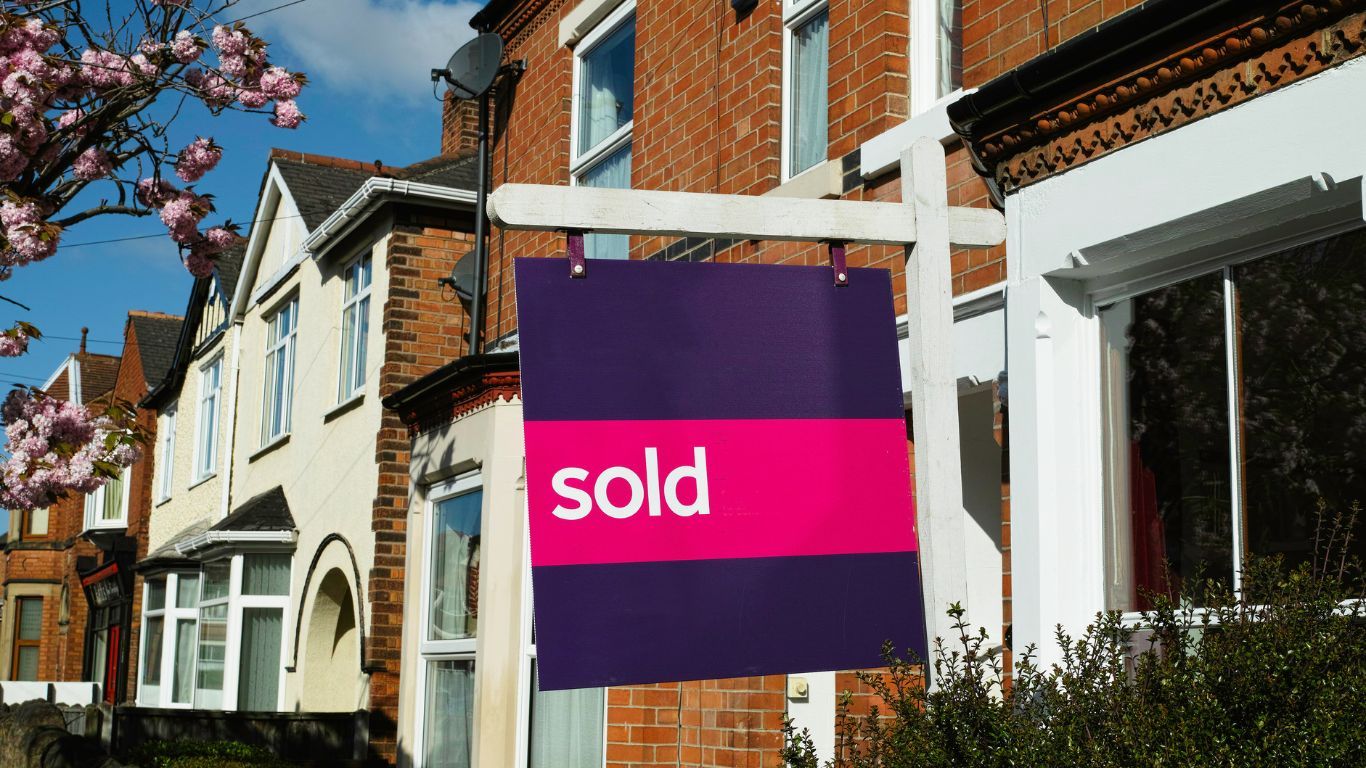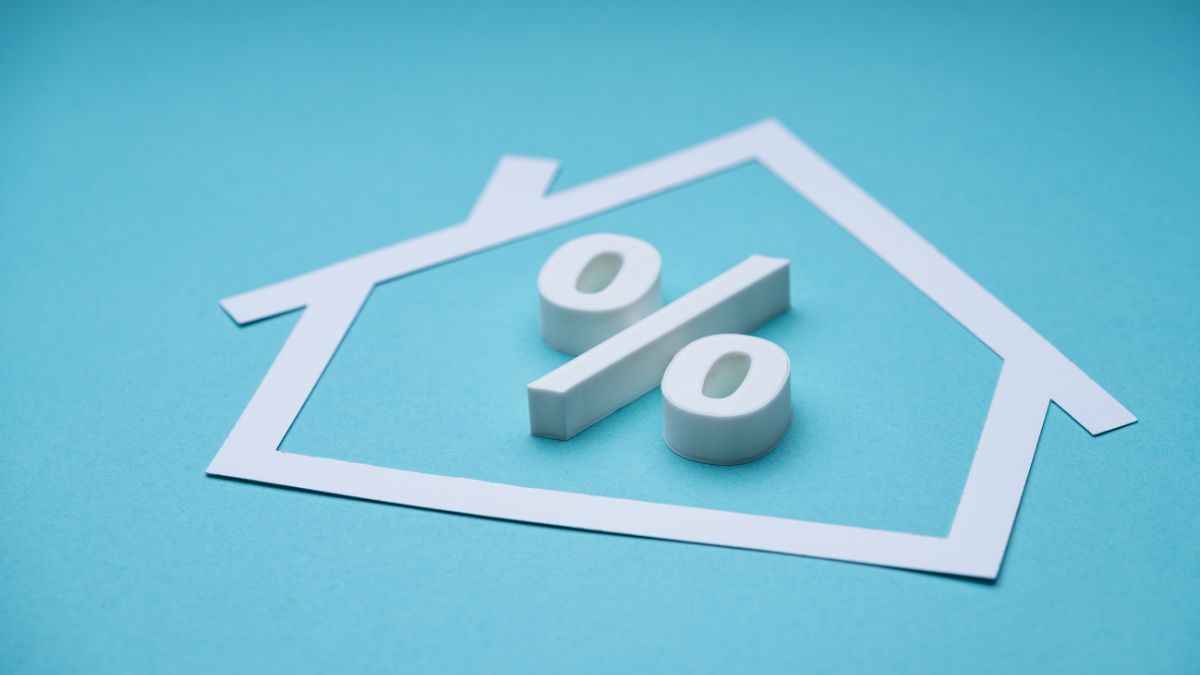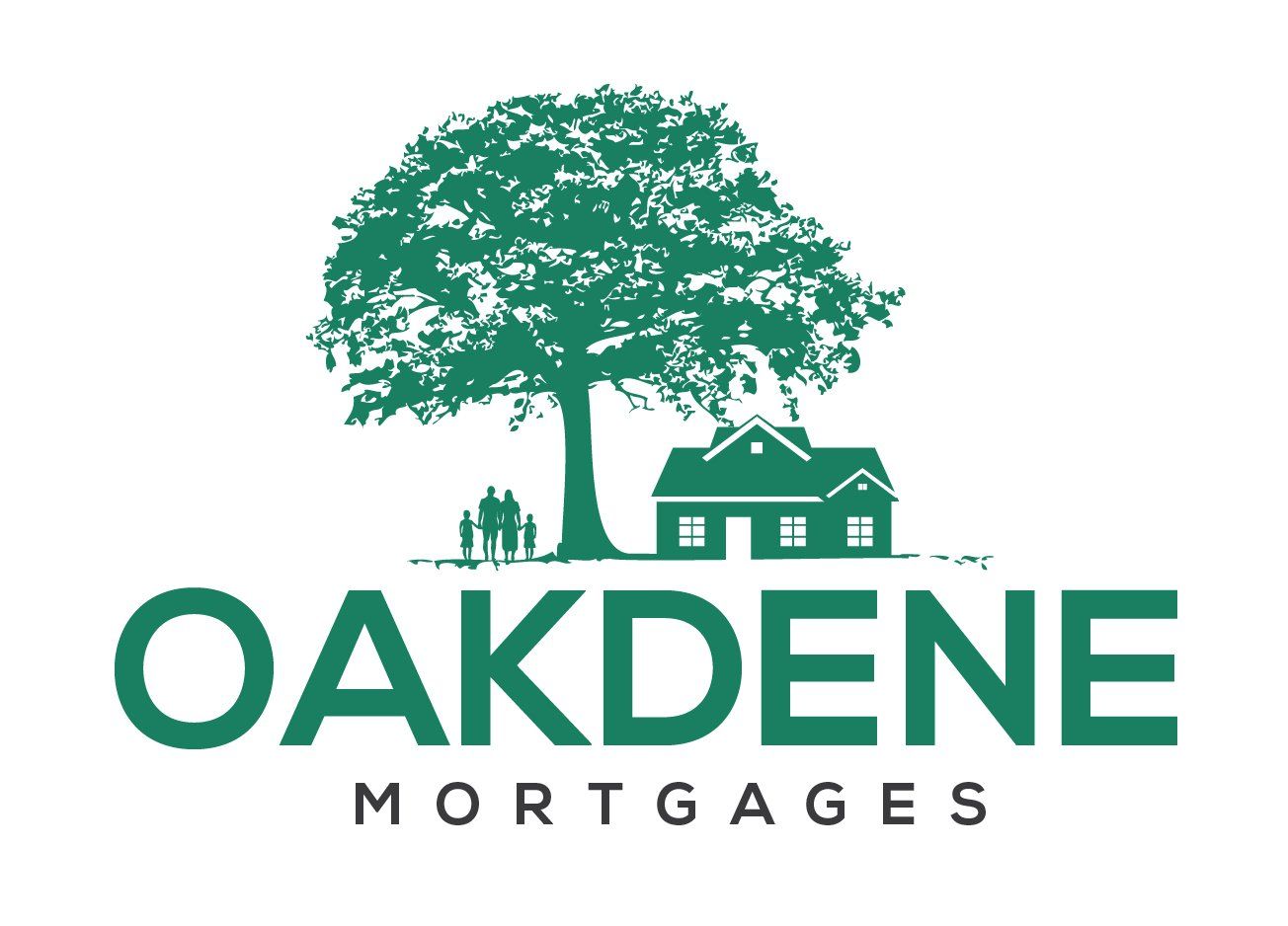Blog
Mixed bag for housing in 2023
Unpredictability was certainly a theme for UK housing in 2022, with political turbulence, Bank Rate hikes and shifting post-pandemic supply and demand patterns all contributing to an uncertain and fast-changing market. As we move in 2023, questions still abound.
House prices to fall
Foremost among these questions is – how far will house prices fall?
Following three pandemic-influenced years of growth, prices are widely expected to go into reverse in 2023. The astronomical year-on-year rises of 16% in July 2022 and 13.6% in August 2022 are highly unlikely to be repeated in the coming years1.
Instead, latest forecasts expect house prices to slide by about 8% next year2. Likewise, estate agent Savills predicts a 10% fall in house prices in 2023 before a return to growth from 2024 onwards.
Sellers are already adjusting their expectations, settling for offers below their asking price. Rightmove anticipates a fall in average asking prices of about 2% in 2023, after a 5.6% increase last year took the average £17,000 higher than in 2021.
Demand is key
The exact extent of the fall in house prices will depend on the various factors that influence supply and demand. In 2022, as demand waned, house prices remained resilient due to limited supply. Supply is not expected to increase much in the coming years, analysts warn.
Demand could receive a boost from the raising of the nil-rate threshold of Stamp Duty in parts of the UK. A similar scheme helped spark the buying spree in 2020 and 2021, though the economic conditions are much changed since then.
Some pandemic factors could still impact on house prices in 2023, including the rise of home working driving demand for more space and a home office. Cost-of-living concerns, meanwhile, could deter buyers. That said, if a modest decline in house prices takes place, with possible regional variations, desire to buy could be accelerated in some places.
A new era
Another key question heading into 2023 is – will average mortgage rates keep rising?
Mortgage rates rose sharply after the ‘mini-budget’ of September 2022. Although they are now significantly higher than at the start of last year, average rates are expected to settle in 2023.
Having reached 3.5% in December 2022, further Bank Rate rises are likely at the start of 2023, though these might slow or stop as the year progresses. The ultra-low interest rates of the past decade seem to be over, with mid-single digits now the norm. For mortgage holders, the new reality of higher rates will obviously have an impact on already-squeezed household finances.
Your future
With economic conditions still challenging for many, we can guide you through the busy market and help you stay focused on your goals in 2023.
Your home may be repossessed if you do not keep up repayments on your mortgage
1Office for National Statistics, 2022
2Halifax, 2022










